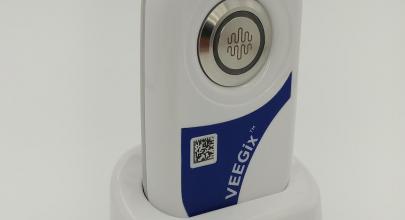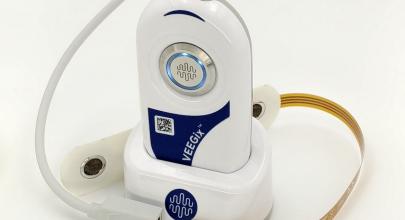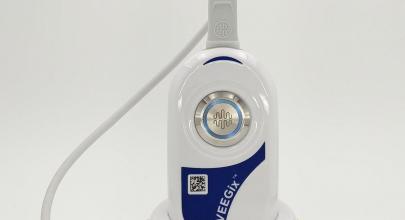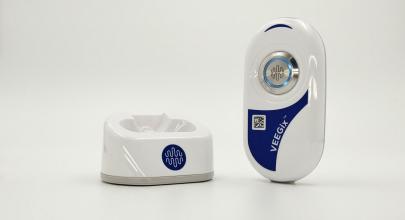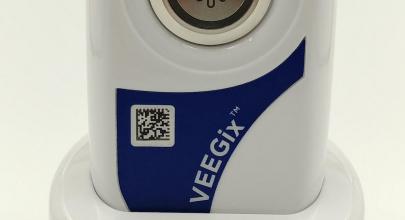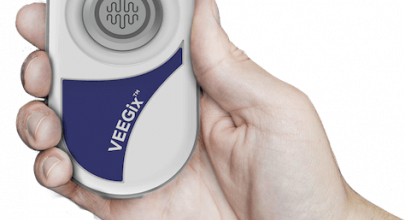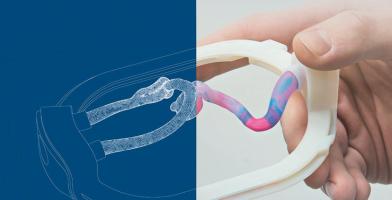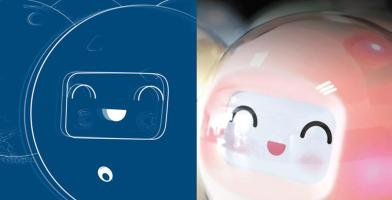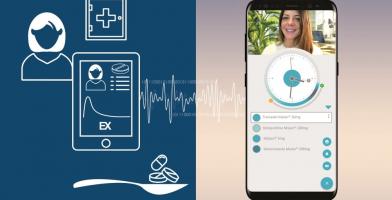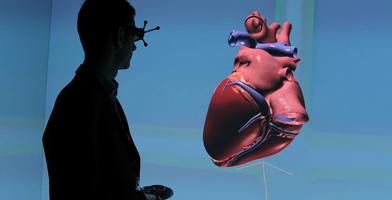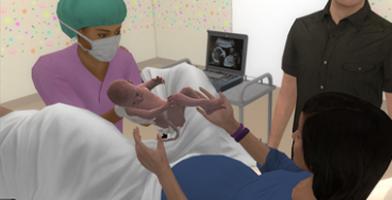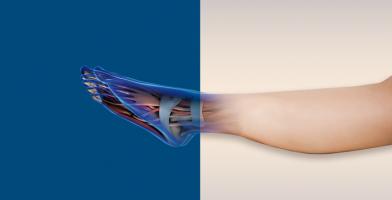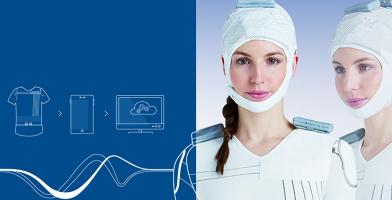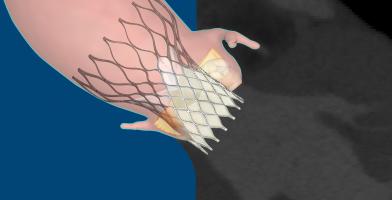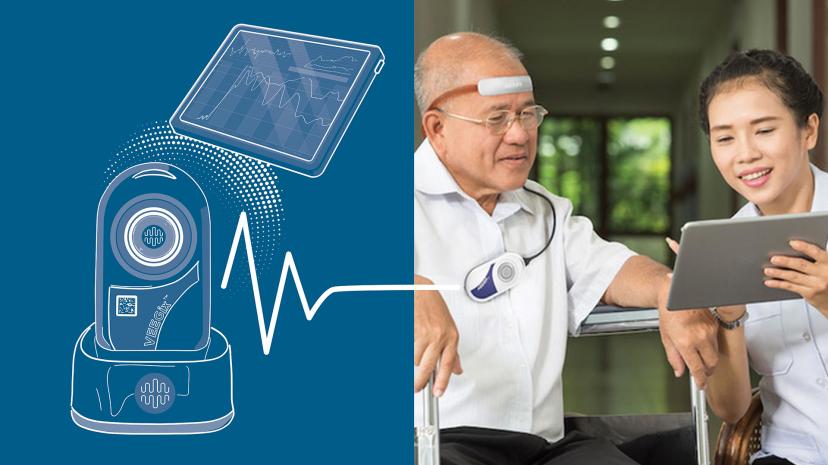

IF WE detect neurological pathologies early using a brain-wave capturing device, can we save patient lives and reduce hospital costs?
Postoperative delirium is a condition affecting 30% to 70% of hospitalized patients aged 65 and over after a major surgery (source: Ely, ICM 2007). It is dangerous for the patient (causing permanent cognitive losses) and very expensive for the health system when diagnosed late.
Delirium is very painful psychologically (it feels like being jetlagged, hungover and in a nightmare – all at the same time) and dangerous for the patient, often causing permanent cognitive losses. Mortality increases by 11% every 48 hours that delirium is undiagnosed.
NeuroServo's product is used as a screening device after a surgery for a better and earlier detection of this pathology.
Instant installation EEG to capture and analyze brainwaves in real time.
BREAKTHROUGH IDEA
NeuroServo offers an objective solution that detect delirium after capturing and analyzing the patient’s cerebral wavelengths (E.E.G.). This early detection device of delirium has attracted the attention of internationally recognized neurologists who lead clinical trials just starting in different prestigious hospitals in France.
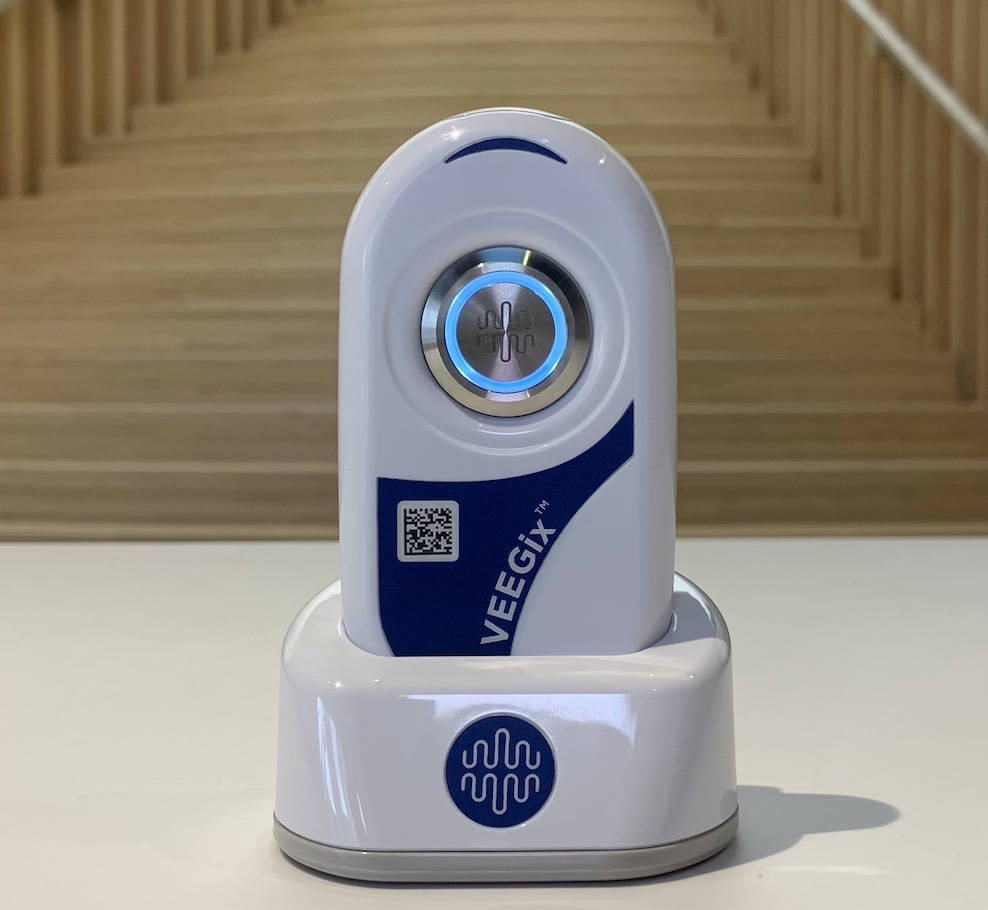
NeuroServo’s technology is also deployed in a different medical application, in the form of an EEG integrated in a cap, allowing a quick and non-traumatic capture with children in consultation for autistic disorders or AD/HD. The device analyzes the brain waves and determines in real time the patient’s level of attention.

POSITIVE IMPACT ON THE SOCIETY
GOAL 3: GOOD HEALTH AND WELL-BEING

BENEFITS TO USE THE 3DEXPERIENCE PLATFORM ON THE CLOUD
With its comprehensive product development software portfolio, the 3DEXPERIENCE platform helps NeuroServo conceive a better product that can be used for everyone from pediatric to geriatric patients.
The 3DEXPERIENCE platform is also a unique opportunity to prepare a collaborative ecosystem for external teams or future internal resources to join NeuroServo.
COLLABORATIVE & COLLECTIVE INTELLIGENCE
NeuroServo initiated clinical trial with different hospitals in Europe and North America:
Hôpital Bichat in Paris, CHU de Nantes, Hôpital Ste-Justine and CHUM in Montréal. Data captured during those trials will help improving our algorithms and will improve science in general.
PLAY 3DEXPERIENCE
Meet the team
The best way to start a dream is to wake-up and draw the future.
-
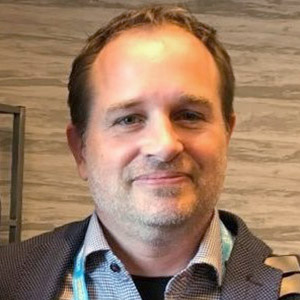 Nicolas TremblayFounder and President
Nicolas TremblayFounder and President -
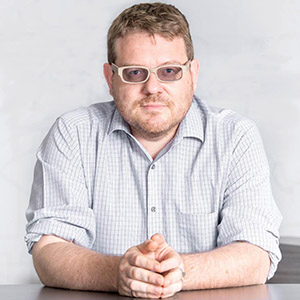 Jérôme ArnaudCo-Founder and COO
Jérôme ArnaudCo-Founder and COO
Submit your project
Do you think your project is the next big thing?
Join the team !
